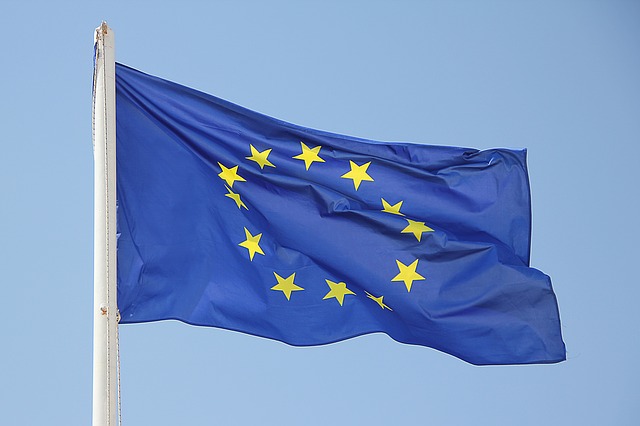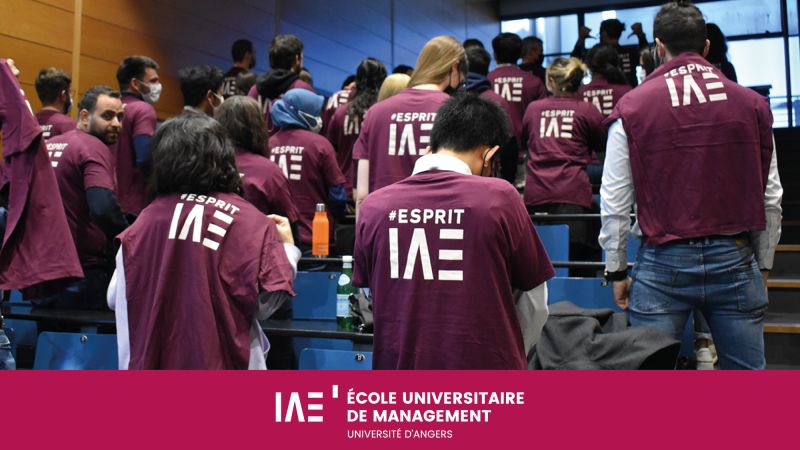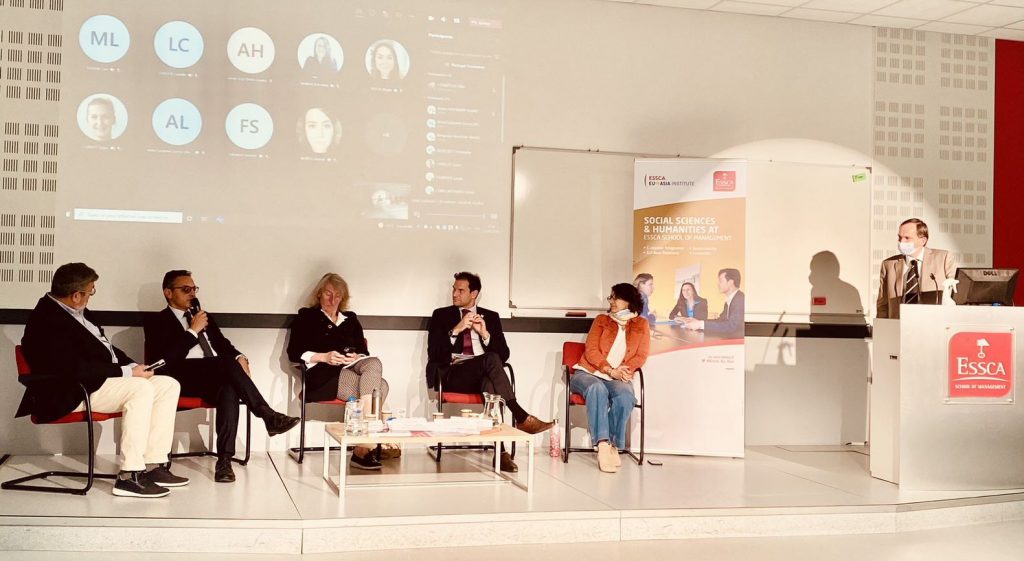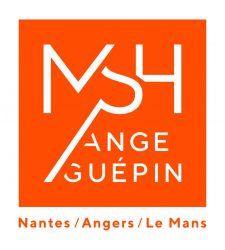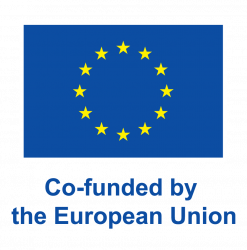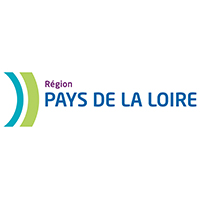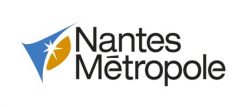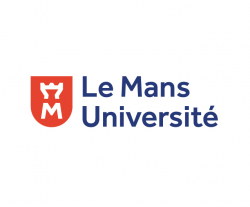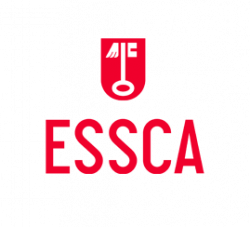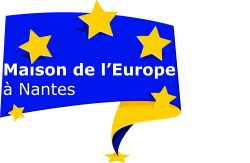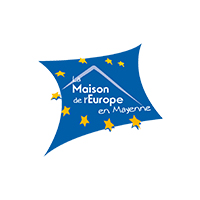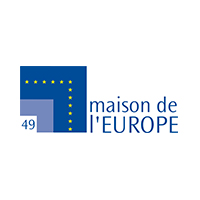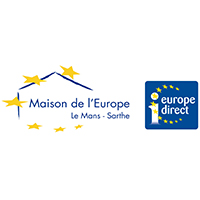Lauren Blatière, a member of DCS (University of Nantes) and, from 2020, of the Jean Bodin Centre (University of Angers), is developing this project from 2018 to 2021 with the support of the Alliance Europa Institute for European and Global Studies.
The emergence of a new awareness of animals as legal subjects and objects of protection is leading to many changes, whose origin and possible reception by European Union law deserve to be examined.
Among questions of interest are:
– European citizens’ initiatives aimed at preserving animal welfare, while supposing that we rethink our modes of production or consumption, i.e. STOP VIVISECTION, End the Cage Age. Of these two, the former was rejected, but the latter is still in progress.
– The current difficulty to reconcile health safety, animal welfare and religious freedom. Such a reconciliation has been achieved by the EU legislator itself, which authorises the use of non-stunned slaughter in the context of religious rites, on condition that it takes place in an approved slaughterhouse. However, the European Court of Auditors, in its Special Report No 31/2018 “Animal welfare in the EU: closing the gap between ambitious objectives and practical implementation”, highlighted disparities in the implementation of this measure among Member States and in the modes of controls. Above all, some Member States now seem to be particularly sensitive to animal welfare demands and are considering a general ban on non-stunned slaughter (Belgium in particular), even though such a solution might be in violation of EU legislation.
– The adaptation of labelling and tagging to animal welfare and/or consumer demands. One can think of the European Citizens’ Initiative entitled “Mandatory food labelling Non-Vegetarian / Vegetarian / Vegan”. On the other hand, the question of the compatibility between organic labelling and non-stunned slaughter is likely to be decided very soon by the European Court of Justice (Case C 497/17).
These few examples raise questions about the ability of European Union law to adapt to relatively recent claims, as well as its ability to ensure compliance with a uniform solution in the 28 Member States, which are more or less sensitive to these new claims. These examples also raise questions about the role played by European citizens and associations and the channels for disseminating their demands (notably the increased resort to European citizens’ initiatives and to judges, but also to less visible means of dissemination, such as lobbying).

